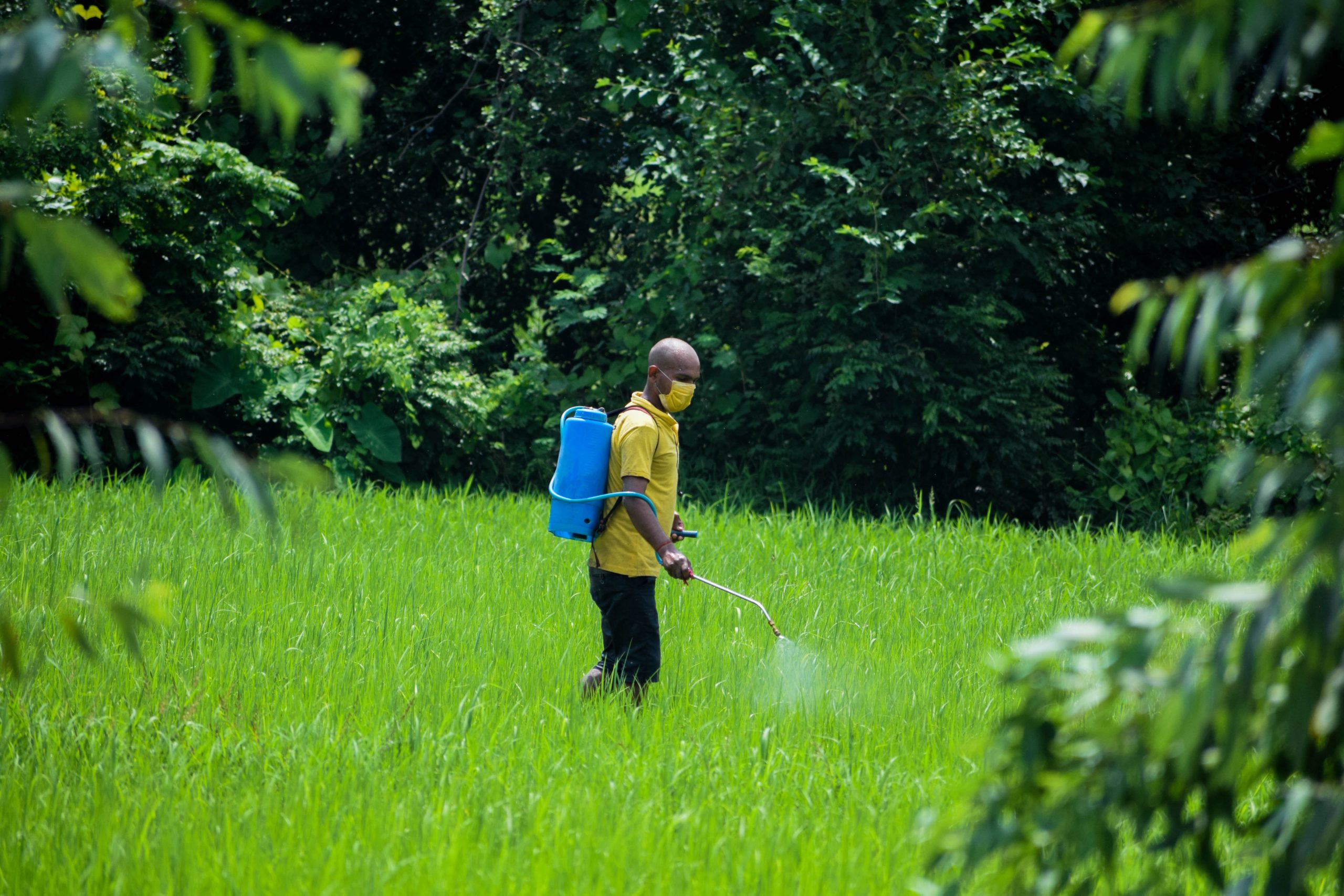Costa Rica is facing a pesticide crisis due to the high use of chemicals in agriculture and their harmful impacts on human health and ecosystems. Experts have repeatedly called for a transition to sustainable agriculture practices like agroecology, which promotes organic farming and eco-friendly alternatives.
Costa Rica ranks among the highest in pesticide use per hectare worldwide, with estimates ranging from 10 to 35 kg per hectare. About 90% of the pesticides used in Costa Rica are Highly Hazardous Pesticides (HHPs), raising significant health and environmental concerns.
Research by the Regional Institute of Studies on Toxic Substances at the National University (Iret-UNA) highlights the urgent need for Costa Rica to adopt safe and sustainable food production methods. According to the Food and Agriculture Organization (FAO), agroecology seeks to optimize interactions among plants, animals, people, and ecosystems and emphasizes social practices essential to achieving a sustainable and equitable food system.
In 2023, the School of Agricultural Sciences at the National University (ECA-UNA) began mapping agroecological initiatives across Costa Rica. Through the Center for the Valorization of Agri-food and Artisanal Products, they identified Alajuela as the leading province for agroecological practices (27.61%), followed by San José (17.16%) and Puntarenas (15.67%).
Most agroecological farms in Costa Rica range from 0 to 3 hectares, while 25% exceed 10 hectares. The top organic products sold are vegetables (59.1%), fruits (56.2%), and bio-inputs (51.1%). Notably, 74.5% of producers use direct sales for marketing, followed by municipal fairs and organic markets.
Producers rely on organic fertilizers, soil and water conservation, and agroecological pest management to promote biodiversity and sustainable growth. Family labor (34.3%) is the most common workforce source, with occasional (33.6%) and permanent outsourcing (27.7%) following.
Despite the benefits, researchers note that agroecological farming in Costa Rica often lacks external support, with producers funding these practices on their own.






